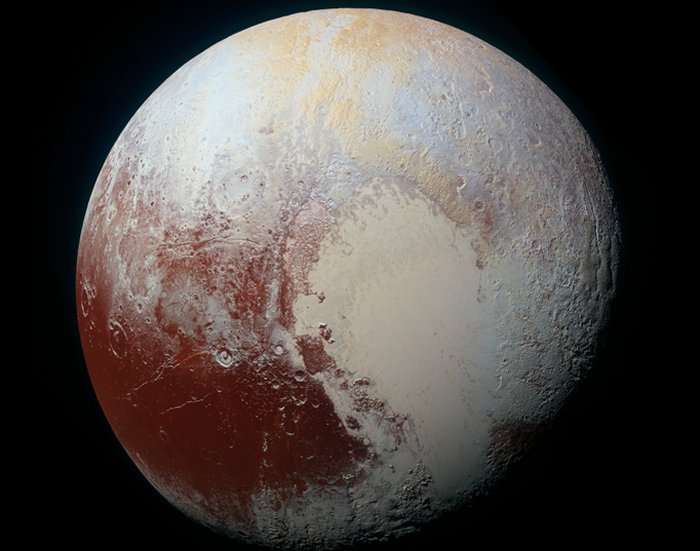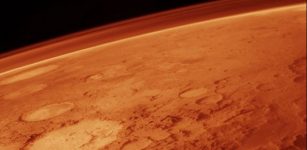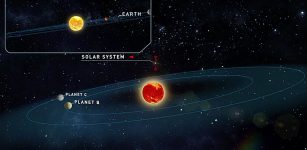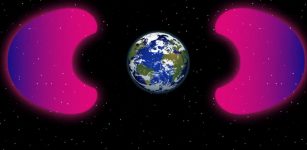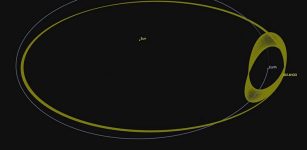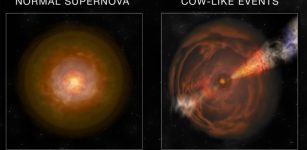Is Pluto A Planet Or Not? New Research Says – Yes
MessageToEagle.com – Then, in 2006, a group of experts from the International Astronomical Union established a definition of a planet and according this new classification, Pluto lost its planet status.
Since Neptune’s gravity influences its neighboring planet Pluto, and Pluto shares its orbit with frozen gases and objects in the Kuiper belt, that meant Pluto was out of planet status.
A new study published online Wednesday in the journal Icarus, UCF planetary scientist and lead author on the study, Philip Metzger, who is with the university’s Florida Space Institute, reported that this standard for classifying planets is not supported in the research literature. Therefore, the reason Pluto lost its planet status is not valid.
Metzger reviewed scientific literature from the past 200 years and found only one publication — from 1802 — that used the clearing-orbit requirement to classify planets, and it was based on since-disproven reasoning. He said moons such as Saturn’s Titan and Jupiter’s Europa have been routinely called planets by planetary scientists since the time of Galileo.
“The IAU definition would say that the fundamental object of planetary science, the planet, is supposed to be a defined on the basis of a concept that nobody uses in their research,” Metzger said, in a statement.
“And it would leave out the second-most complex, interesting planet in our solar system.”
“We now have a list of well over 100 recent examples of planetary scientists using the word planet in a way that violates the IAU definition, but they are doing it because it’s functionally useful,” he said.
“It’s a sloppy definition. Metzger said of the IAU’s definition.
“They didn’t say what they meant by clearing their orbit. If you take that literally, then there are no planets, because no planet clears its orbit,” said Metzger, adding that the definition of a planet should be based on its intrinsic properties, rather than ones that can change, such as the dynamics of a planet’s orbit.
“Dynamics are not constant, they are constantly changing,” Metzger said. “So, they are not the fundamental description of a body, they are just the occupation of a body at a current era.”
Metzger’s recommendation is classifying of a planet based on if it is large enough that its gravity allows it to become spherical in shape.
“And that’s not just an arbitrary definition, Metzger said. “It turns out this is an important milestone in the evolution of a planetary body, because apparently when it happens, it initiates active geology in the body.”
Pluto, for instance, has an underground ocean, a multilayer atmosphere, organic compounds, evidence of ancient lakes and multiple moons, he said.
“It’s more dynamic and alive than Mars,” Metzger said. “The only planet that has more complex geology is the Earth.”
MessageToEagle.com

